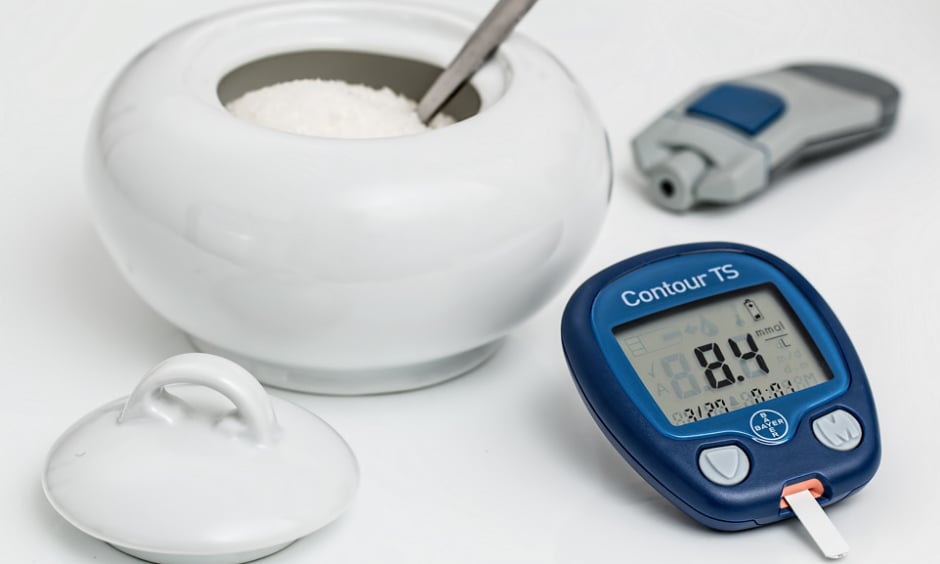DEVELOPING Type 1 diabetes mellitus (T1DM) later in life may double the risk of other autoimmune conditions, according to results of research from the Washington University School of Medicine, St. Louis, Missouri, USA. The results were presented at the 2018 Endocrine Society Annual Meeting (ENDO 2018).
The study enrolled >1,110 adults with T1DM who had developed the condition at various ages. This cohort was then screened for 29 autoimmune conditions between 2011 and 2017. The results revealed that patients who developed T1DM after the age of 40 years had twice the risk of developing a range of autoimmune conditions, including vitiligo, pernicious anaemia, and thyroid disease, compared to those who were diagnosed with T1DM during childhood. This increased risk was even more prominent in females >60 years of age, who were found to have a 63% chance of having at least one additional autoimmune condition; men of the same age group had a 33% likelihood of being diagnosed with ≥1 other autoimmune condition. The most commonly developed condition in the study population was thyroid disease (26.5%), with Hashimoto’s hypothyroidism being the second most common (21.9%).
Recent research has suggested that 40% of T1DM diagnoses occur after the age of 30 years; therefore, this study highlights the great importance of autoimmune disease screening in this high-risk population. Yicheng Bao, medical student at the University of Missouri–Kansas City School of Medicine, Kansas City, Missouri, USA, commented: “Physicians should be aware that a lot of autoimmune diseases can occur in people with T1DM. People who develop T1DM in adulthood are at special risk.” For this group of patients, co-ordination between healthcare teams to provide additional screening is vital to ensure the highest quality of care and to minimise the risk of further disease onset.








